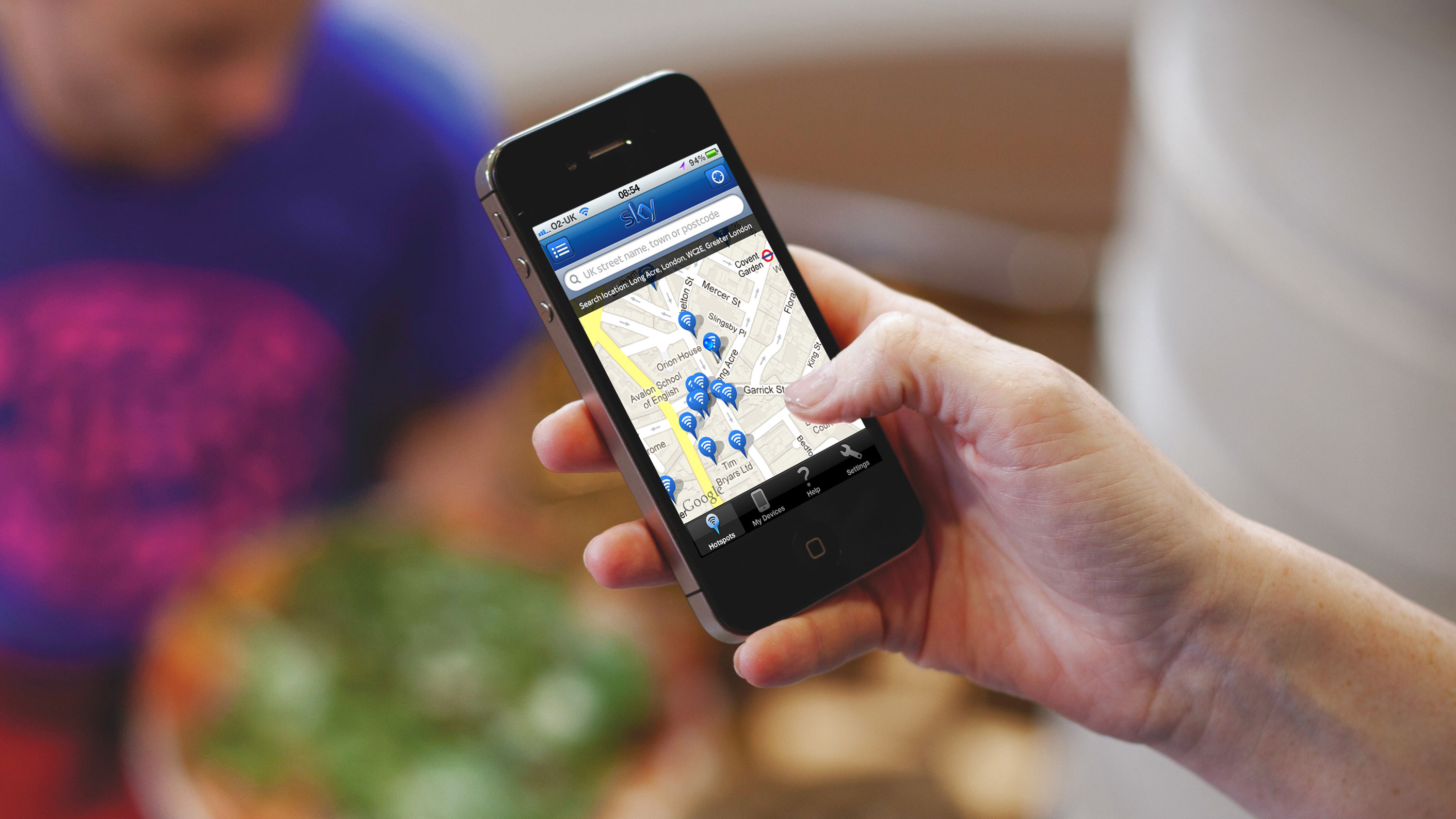0800 numbers to be free on mobile
Ofcom proposes changes to make 0800 numbers free on mobile

Sign up for breaking news, reviews, opinion, top tech deals, and more.
You are now subscribed
Your newsletter sign-up was successful
Many businesses create 0800 numbers for customers to call but few realise that mobile customers end up paying for the calls. However proposed new legislation from phones regulator Ofcom may fix this anomaly.
The traditional 0800 number has been a business staple for many years, and customers and potential customers are happy to ring 0800 numbers because they believe the calls to be free. However the mobile networks don't work in the same way as landline operators and 0800 numbers are charged at normal call rates, which can be up to 21 pence per minute, and aren't usually included in the free calls on a mobile contract. The result is any business that just provides 0800 numbers risks losing or alienating mobile customers completely.
Ofcom, the UK regulator for the communications industries, have published new proposals that could make all calls to 0800 telephone numbers free of charge.
Research conducted by Ofcom has shown that many individuals were confused by non-geographic numbers. To be specific - what they are used for and who can use them. Therefore creating a lack of trust that has resulted in consumers less likely to call these numbers over the years.
To help improve consumer trust the new proposals offer simpler numbering for non-geographic calls, that includes 080 and 116 numbers to be free from both telephone and mobile phones. Also, 08, 09 and 118 numbers will have a new standardised structure, that will clearly set out the charges being applied by phone companies.
Ed Richards, chief executive of Ofcom, said: 'Consumers are often confused about how much they will pay to call these number ranges.
'Under our proposals, people will have much clearer information and there will be greater competition on prices.
Sign up to the TechRadar Pro newsletter to get all the top news, opinion, features and guidance your business needs to succeed!
'By making calls to 0800 numbers free from all phones, we will clear up any uncertainty about making calls, especially from mobiles, to the benefit of consumers and service providers alike.'
Unfortunately the bad news is that a final decision regarding the new proposed rules won't be made until 2013